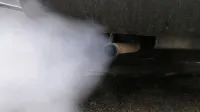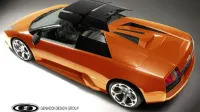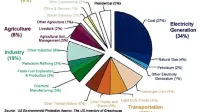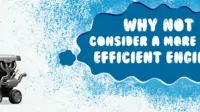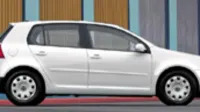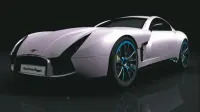Closed-cycle CO2 cars might be a reality one day
Do you hate the idea of your car spewing exhaust? There might be a way to stop it without using any expensive batteries or hydrogen fuel cells. According to the New York Times, a pair of scientists at Los Alamos National Laboratory (LANL) are working on a way to trap exhaust fumes (by blowing them over a liquid solution that contains potassium carbonate) and recycle the trapped carbon into either methanol, gasoline or jet fuel. F. Jeffrey Martin and William L. Kubic Jr. have named their process
